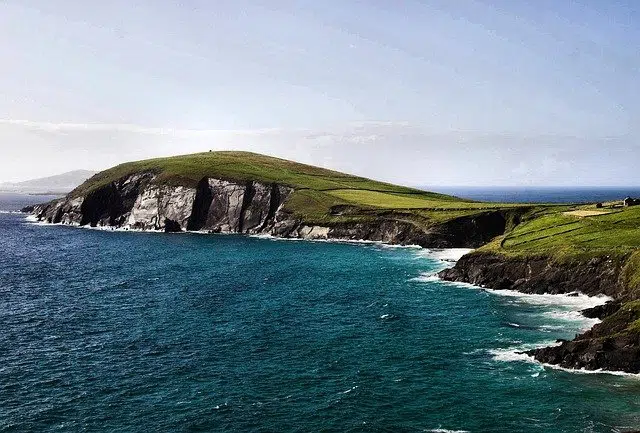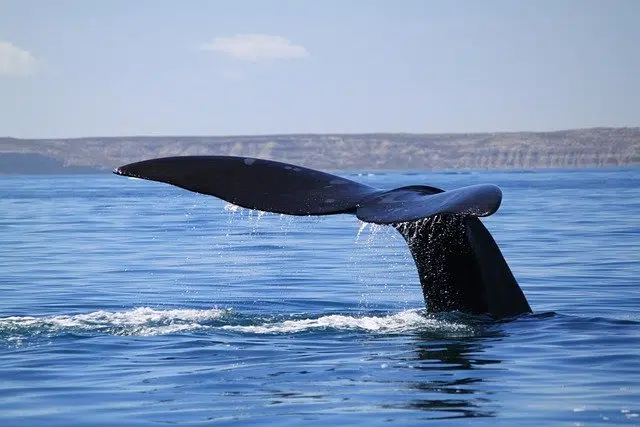
A peninsula is a piece of land surrounded by water that is connected to other larger land by a narrow portion of surface.
The term peninsula (word derived from the Latin paeninsula ) refers to the fragment of land that is surrounded by water and is connected to another land of larger size through a portion of the surface that is relatively narrow. It can be said, therefore, that a peninsula is any portion of land that is bordered by the sea with the exception of the area where it connects with a larger territory .
In some cases, peninsulas look like islands since they are linked to the mainland through very narrow strips. In any case, since they are linked to the continental surface, they are not islands, regardless of how close this link may be in terms of geographical extension.
The peninsula and the continent
The difference between a peninsula and a continent is that the former is a much smaller territory and joined to the latter by an area smaller than its own. In this point also lies its difference with respect to an island, since it is absolutely isolated from the continent and surrounded by the sea on all its sides , while the peninsula is only surrounded on three of its sides.
Some example sentences where the term could appear are: "My dream is to tour the Iberian Peninsula and visit my grandparents' town," "The beaches of the Yucatan Peninsula are among the most beautiful in the world ."

The Valdés Peninsula, in Argentine Patagonia, is famous for its biodiversity and landscapes.
Some examples in North America
There are several peninsulas of great importance and well known worldwide.
The Florida peninsula , in the United States , is a popular tourist center as it is home to cities such as Miami , Orlando and Jacksonville . This peninsula is bordered by the Gulf of Mexico , the states of Georgia and Alabama , and the Atlantic Ocean .
The Yucatan Peninsula , in Mexico , is also an area frequently visited by tourists from all over the world. There are cities with beautiful beaches such as Cancún and Playa del Carmen , as well as Mayan archaeological sites such as Chichén Itzá .
The Iberian Peninsula
The Iberian Peninsula , also known as the Hispanic or Hesperian Peninsula, is located southwest of Europe and is surrounded by the Mediterranean Sea and the Atlantic Ocean . Spain , Portugal , Andorra , Gibraltar and the southern strip of France occupy this geographical space.
The origin of the name comes from the old name that the Ebro river received, Íber. The Greeks were the first to arrive at this place, and they called it Hesperia, because it was the westernmost region of the Mediterranean; It was this same town that later preferred to name it Iberia. In any case, there are other words with which it is mentioned and that appear in various history books, such as Celtaria, Tierra de Tartessos or Al-Andalus. Some scholars, including Dámaso Alonso, later decided that the most appropriate name was the Hispanic Peninsula, although the most popular name for two centuries has been the Iberian Peninsula.
A World Heritage Site
Finally, the Valdés Peninsula is a territory belonging to the Province of Chubut, in Argentina. It is one of the World Heritage Sites, declared by UNESCO. It has gained great popularity because it is one of the regions chosen by southern right whales for their reproduction and therefore, one of the main places in the world for sighting this species.
In addition, it welcomes other species on its coasts: orcas, penguins, dolphins, sea lions and coastal birds of various families. Year after year, tourists and scientists from all over the world come to Valdés to appreciate its diversity and enjoy its landscapes. Regarding its geography , it occupies an area of 3,625 km² and is delimited by the San Matías, San José, Nuevo gulfs and the Valdés cove.
